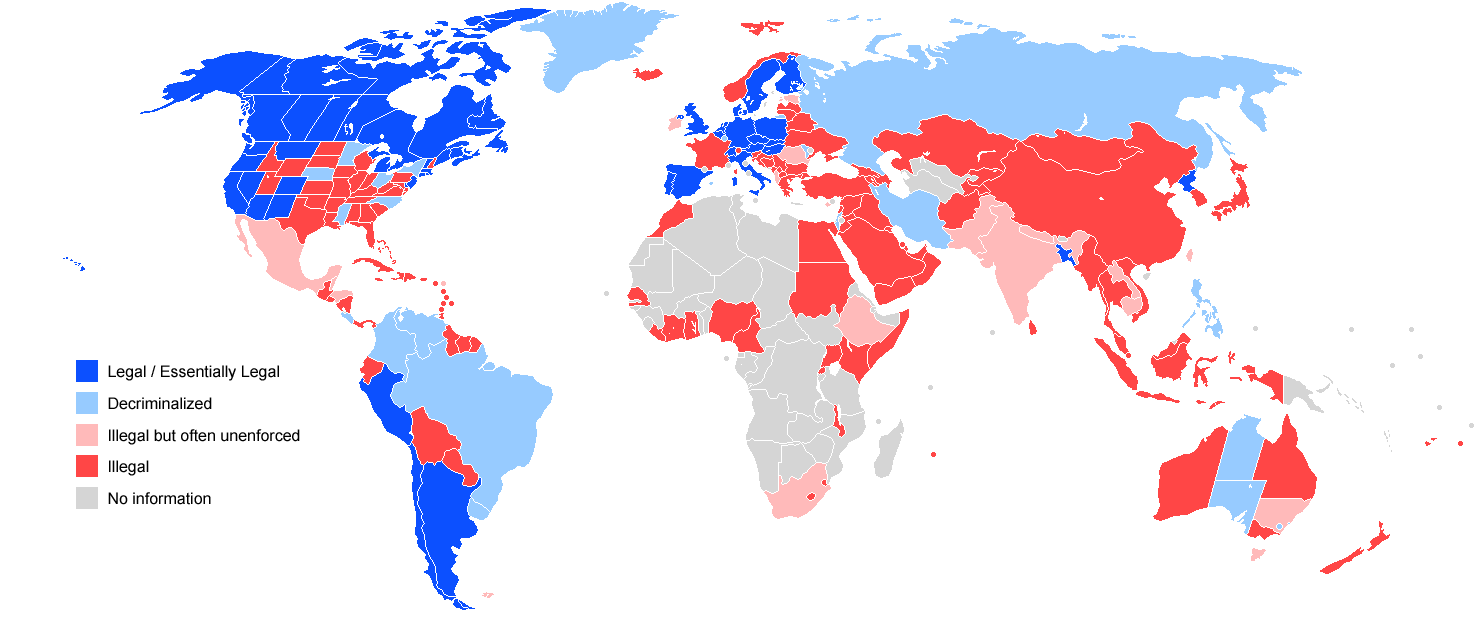Cannabis Companies Turn To Cloud-Based Hosting
 The COVID-19 pandemic has placed a dark veil of uncertainty over the future of many markets, including the explosive cannabis industry. In response, many are taking a closer look at the tools they have long relied upon to handle their critical and crucial business needs. It’s identified problems within critical operational tools and caused a re-evaluation of what was once thought to be suffice to operate efficiently and effectively.
The COVID-19 pandemic has placed a dark veil of uncertainty over the future of many markets, including the explosive cannabis industry. In response, many are taking a closer look at the tools they have long relied upon to handle their critical and crucial business needs. It’s identified problems within critical operational tools and caused a re-evaluation of what was once thought to be suffice to operate efficiently and effectively.
Plant-touching cannabis companies were in high gear to keep pace with the market share race and rapid industry growth being experienced prior to the onset of the pandemic. Today, the picture of “how” is much different than before. Many tasks have been forcibly transitioned to being performed remotely, which has created an unprecedented set of challenges no one could’ve foreseen. Nonetheless, it’s shed a light on the critical need for comprehensive crisis preparation. In other words, having business tools that function in the best of times and can shift to accommodate the worst of times, too.
Meet ERP
Enterprise resource planning, or ERP, works like your business’s physical plumbing system. According to VP of ERP software company 365 Cannabis Michael Kiehn, ERP may not be the most attractive or exciting part of your business house, but it’s one of the most essential parts.
What does ERP do? It’s a software to streamline business processes. With ERP, manual data entry is eliminated. The software tracks and stores info across multiple channels.
The technology behind ERP has been used for some time in traditional manufacturing industries, but it’s now found itself becoming an invaluable asset and diverse tool for a wider array of sectors, including the cannabis space.
How Is ERP Assisting The Cannabis Industry During The COVID-19 Crisis?
 Like the unemployment rate in America, the cannabis industry experienced quick and drastic number shifts. In a single month, the cannabis sector went from favorable and exploding growth rates to disastrous environmental shifts with the potential to shutdown operations.
Like the unemployment rate in America, the cannabis industry experienced quick and drastic number shifts. In a single month, the cannabis sector went from favorable and exploding growth rates to disastrous environmental shifts with the potential to shutdown operations.
With cloud-based ERP, businesses are supported by the unique ability to interact and assist customers from afar. Yet, the value and purity of that interaction isn’t sacrificed. Companies continue to function, and customers continue to be satisfied.
By its innate nature, ERP touches every facet of a business’s operation, including inventory, finance, cultivation, production, retail, and distribution.
Like toilet paper and food supplies, consumers are rushing to stockpile the medical and recreational products they need and use regularly. The increased demand is both a blessing and burden that’s caused retailers to pivot, especially when it comes to delivery. With legislation requiring many areas to social distance well into the distant future, sales must adjust to deliver goods safely and legally. Some remain limited to exclusively delivering via online and pickup orders only.
According to Kiehn, this new way of life at the moment puts retailers without e-commerce, online consumer info, and/or a process to handle such sales at a major disadvantage. It can be a game-stop for the unequipped business. Kiehn points out that businesses who are already equipped to handle the transition by having automaton and adaptable tools and processes are the ones who are handling COVID-19’s effects the best.
Should Your Cannabis Company Consider Upgrading to Cloud-Based ERP?
The answer to this question is within the company’s customers. They’re trying to accomplish three tasks in the face of the pandemic:
• Survive in place
• Scale down and automate buying processes
• Continue to grow and enjoy business as per usual
For a business to make it, they have to shift to meet those needs. Not just out of necessity for the moment, either. Just as this pandemic has spotlighted flaws in business operations and iframe menus, it’s highlighted vulnerabilities for consumers, too, and they’re likely to demand a buying process that’s reflective of preparing for another potential national/worldwide disaster.
Regardless of a cannabis operator’s current market position, they must refine their process, automate their activities, and reduce their costs to thrive in this new and possibly long-term environment. It happens that all those facets are the exact core of ERP’s design.
Seed-to-sale systems and homegrown systems used by many in the cannabis industry may claim to be ERP, but Kiehn says that’s not exactly accurate. Such systems are adequate for small operators, but they do little to offer accurate and compressive data on KPI’s, efficiencies, and costing that’s necessary for companies looking for investments, scaling, or going public. On-premise solutions often don’t even allow remote implementation of essential tasks.
Meanwhile, cloud based hosting and ERP solutions allow the business unlimited access to reports, data, and real-time info from anywhere on any device, and many essential tasks can be executed remotely.


